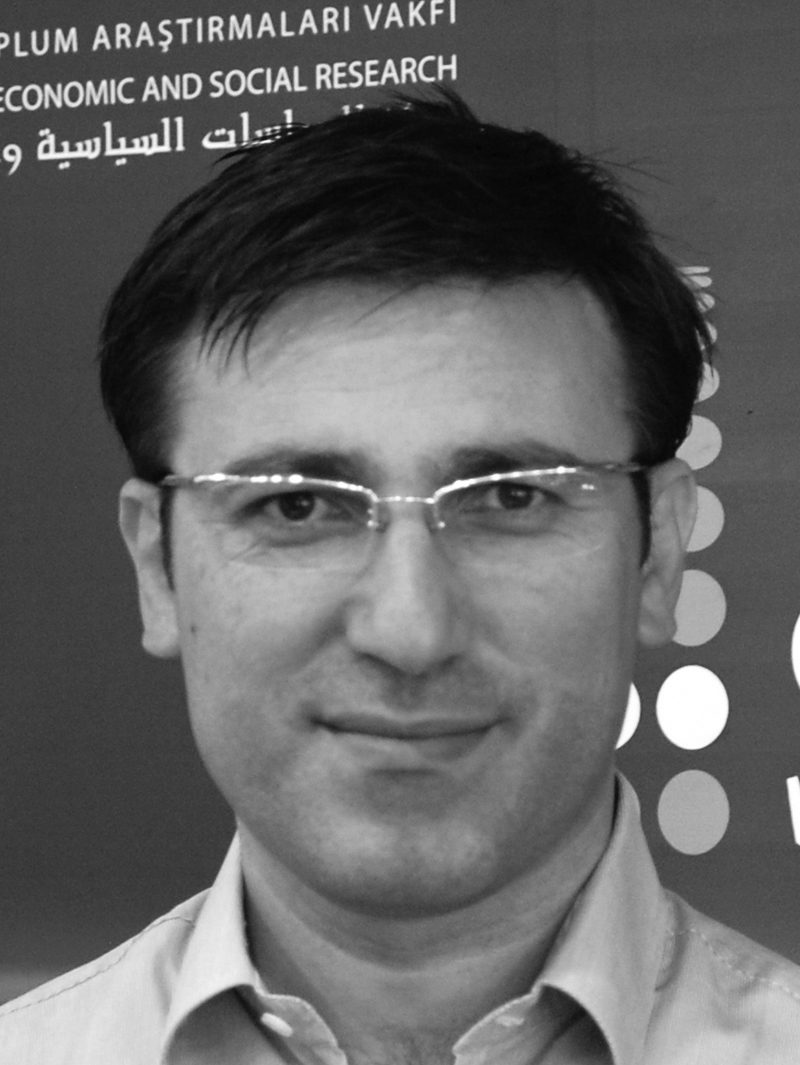Opposition is one of the major elements in a democracy’s becoming institutionalized, putting down roots and developing in a healthy manner.
With its contribution of questioning the deeds of the government, representing different views in Parliament and finding solutions to the country’s problems through negotiations preventing pure governmental control, it is one of the fundamental tenets of social understanding and democratic administration. The stronger, more consistent and more rational the opposition is in a country, the better the supervision of the government; the transparency and the accountability of its deeds to the public. In modern democracies the chief function of the opposition is to supervise the government on behalf of society; defend the interests of the nation; and, through negotiation, bring to attention and defend the rights and interests of the entire society, particularly the base it represents. In this sense the role of the opposition is critical and constructive when it comes to democracies. Being in the opposition doesn’t mean resisting every single government move, trying to cripple renovations and reforms or developing statements in order to weaken the government at all costs. When what is being questioned are the common interests of society; the opposition is expected to form a rational consensus with the government when necessary. The opposition is also expected to assist the government, particularly with democratization, the expansion of rights and liberties and removing the democratic regime from military guardianship in terms of the balance of the civilian-military relations. It is also supposed to articulate insufficiencies in these fields and even to pressure the government to launch renovations and reforms. However it is very difficult to say that the opposition in Turkey, especially the main opposition, reflects or represents such a political culture. Making an assessment of the language and the statements the main opposition — a body vitally important for democracy — has adopted these days will give us an idea about to what extent the main opposition in Turkey fits with this universal nature.
With the rise of the Justice and Development Party (AK Party) on the political scene in Turkey, in particular the leftist opposition started to fear losing the bureaucratic power and privileges it had monopolized for years. Assuming that the AK Party government would end the hegemony of the class rooted in the state bureaucracy and also eliminate the power of an elite with no societal ties to the population at large, the Republican People’s Party (CHP) and supporters of the bureaucracy strongly resisted the government. In this process the main opposition preferred not to behave like those in institutionalized democracies and resisted the government, not on the basis of policies followed but on the persons involved.
The opposition’s criticisms of the government are blatantly not in the fields of economics, foreign policy, health, education, transportation, energy or democratization; and thus they are not aimed at arriving in power. In fact this is the weakest point of the opposition, because the crux of their strategy is simply saying “no” to everything and everyone without producing alternative solutions or projects for anything.
The opposition has been unable to present its own ideas in the fields that directly affect people — the economy, employment, health, education, transportation, energy and democratization. To put it more precisely, it has spent and focused all its energy on everything but these vital spheres which demand farsightedness, creativeness and the power to practice. For instance it has harshly criticized the government’s policies on northern Cyprus, Iraq and the EU; however it has never shared its own policies or explained what these other paths might look like. Similarly, it has never once openly declared what it will present to people when it comes to Higher Education Board (YÖK)
